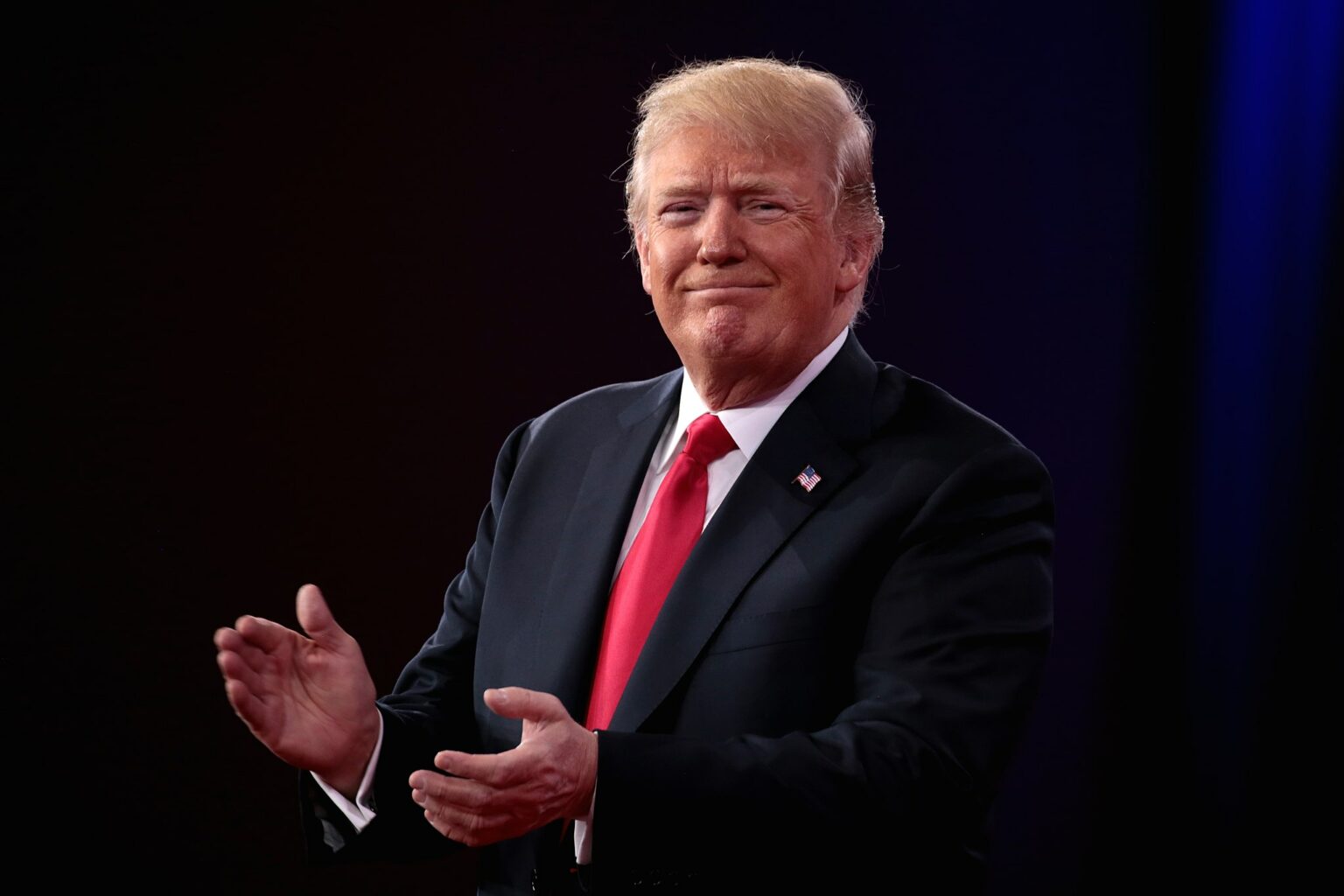Here’s what you need to know…
The recent legal action initiated by the Republican National Committee (RNC), in collaboration with former President Donald Trump’s campaign and the Nevada Republican Party, underscores a significant challenge to the electoral process in the Silver State. This lawsuit, filed against Nevada, targets the allowance of mail-in ballots four days post-election, a move perceived as a breach of federal law and a threat to the integrity of the electoral system.
RNC Chairman Michael Whatley’s assertion regarding Nevada’s ballot receipt deadline highlights a central concern: the potential compromise of election integrity. According to Whatley, the acceptance of ballots beyond Election Day undermines the fundamental principles of fair elections and necessitates legal intervention to safeguard the sanctity of the democratic process.
The lawsuit names key state officials, including Nevada Secretary of State Francisco Aguilar and county clerks, reflecting a concerted effort to challenge the legality of the mail-in ballot extension. At the crux of the legal dispute lies Nevada’s law, which allows a grace period for the receipt of mail ballots postmarked by Election Day.
Central to the RNC’s argument is the assertion that this extension violates federal law by effectively prolonging the electoral process beyond the designated election date. The lawsuit contends that such a practice dilutes the validity of timely ballots, compromising the rights of candidates, campaigns, and voters alike.
Nevada’s transition to an all-mail voting system in 2021, primarily driven by the COVID-19 pandemic, serves as a backdrop to this legal battle. Republican objections to this system underscore broader concerns within the party regarding changes to electoral procedures.
The backdrop of Trump’s electoral history in Nevada adds further context to the lawsuit, with losses to both President Joe Biden in 2020 and Democratic nominee Hillary Clinton in 2016. This legal action thus carries implications beyond the immediate dispute, resonating with broader partisan dynamics and electoral strategies.
Moreover, the lawsuit against Nevada forms part of a larger pattern of legal challenges undertaken by the RNC across multiple states, reflecting a concerted effort to address perceived irregularities and safeguard electoral processes nationwide. The recent mobilization of poll-watching volunteers underscores the RNC’s commitment to ensuring transparency and fairness in the electoral process.
In summary, the legal action against Nevada encapsulates broader concerns surrounding election integrity and underscores the ongoing debate over mail-in voting practices, highlighting the intersection of legal, political, and procedural considerations in the electoral arena.
